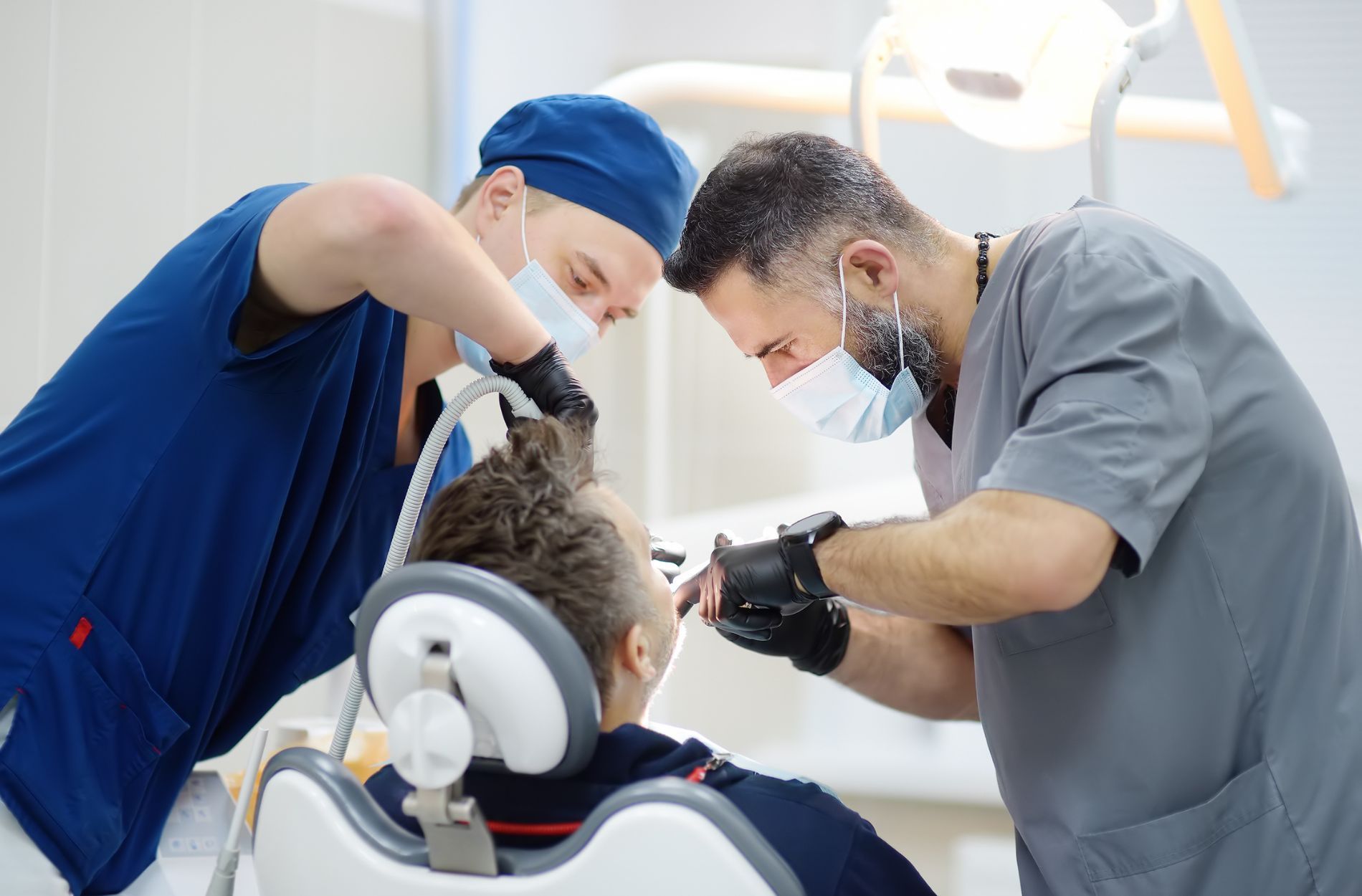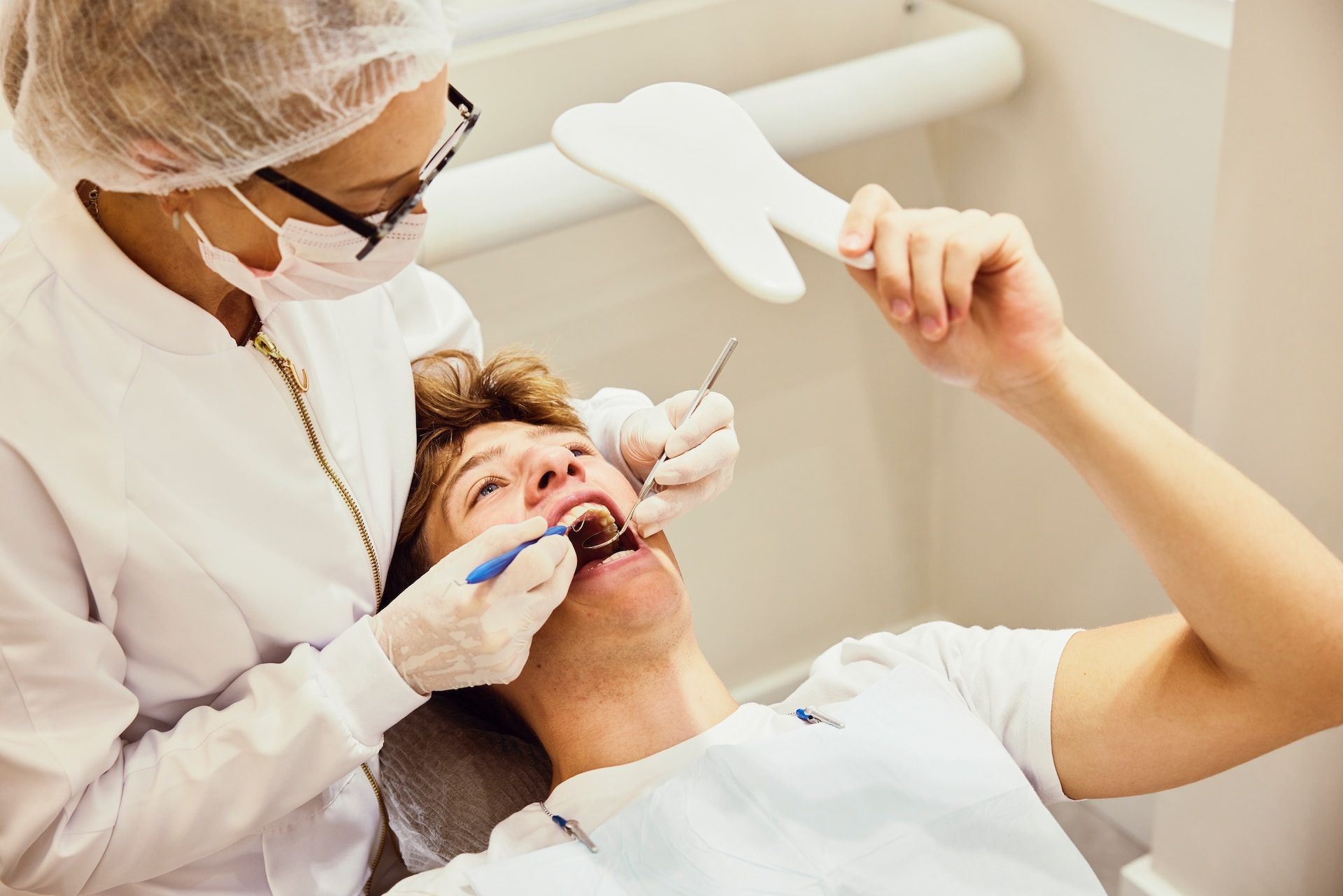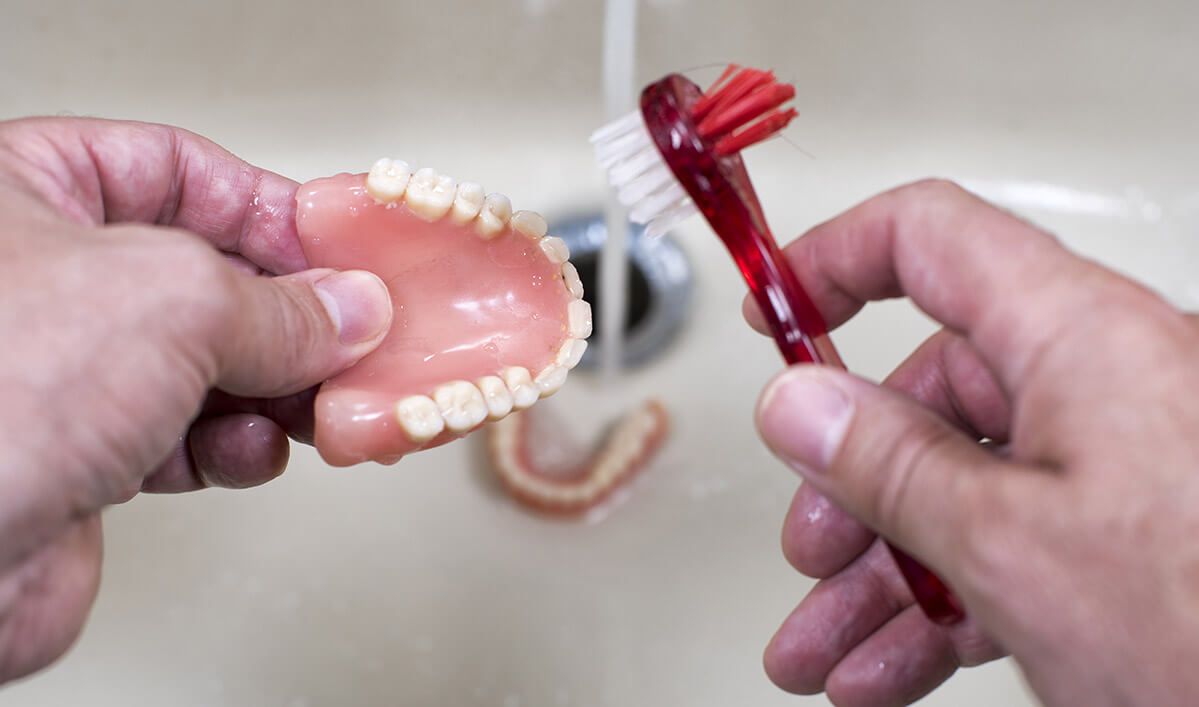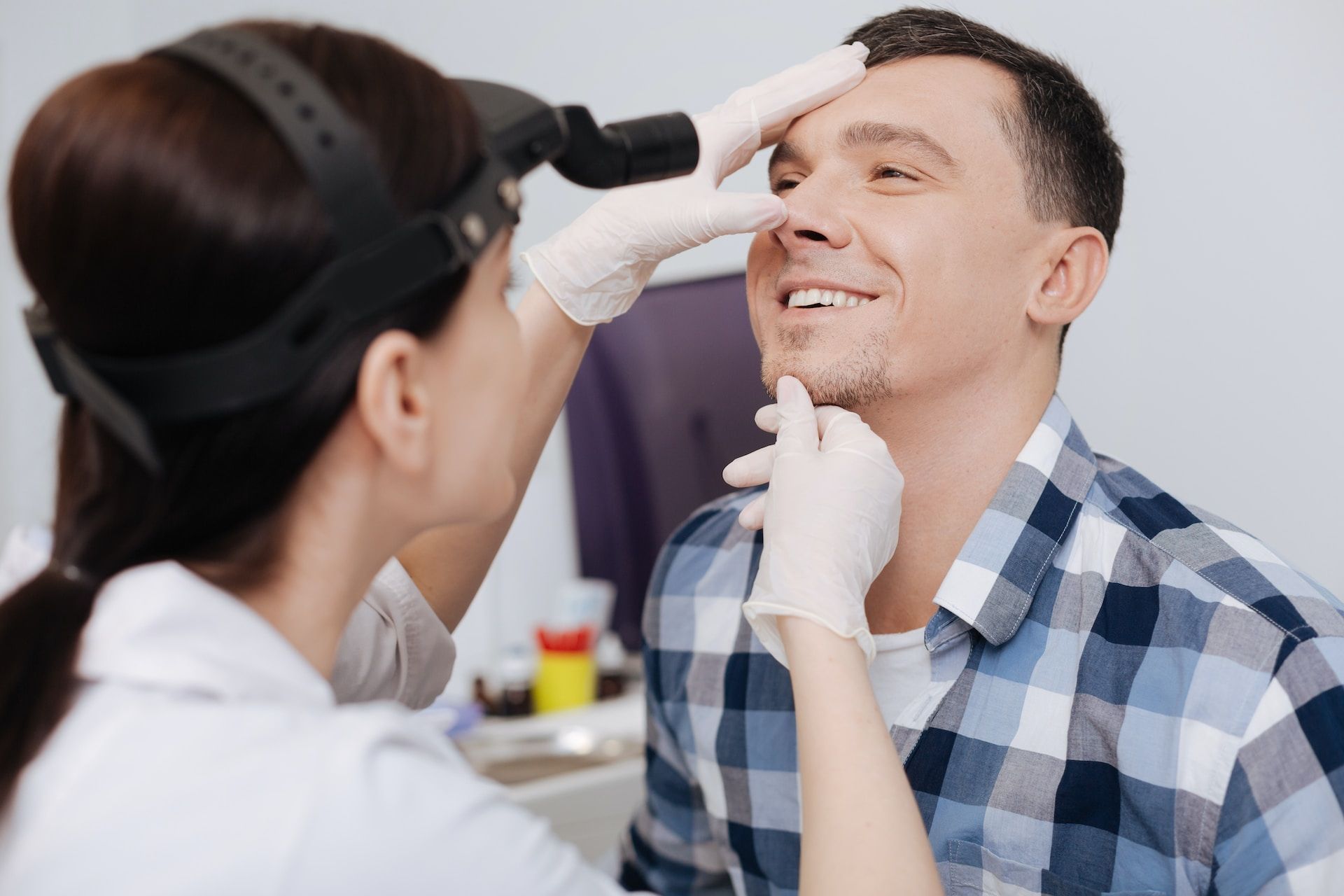Taking good care of your dental implants is essential for ensuring they last a long time and maintain their appearance. Dental implants are a fantastic solution for replacing missing teeth, providing a natural look and feel.
However, like natural teeth, they require regular care and maintenance to keep them in top shape. Let’s dive in and learn how to keep your dental implants in the best condition possible.
Daily Cleaning Routine for Dental Implants in flint
Keeping your dental implants clean is very important for their long-term health. A daily cleaning routine can prevent plaque buildup and protect against infections. Here’s how to do it effectively:
1. Brush Twice a Day: Use a soft-bristle toothbrush to clean your implants twice a day. Make sure to brush all sides of the implant and the surrounding gum area. This removes plaque and food particles that can lead to gum disease.
2. Use a Low-Abrasive Toothpaste: Choose a non-abrasive toothpaste that is gentle on your implants. Abrasive toothpaste can scratch the surface of the implants, making them more prone to plaque accumulation.
3. Dental Floss or Water Flosser: Flossing is crucial for cleaning between the teeth and around the implants. Use dental floss designed for implants or a water flosser to remove food debris and plaque from hard-to-reach areas.
4. Mouth Rinse: An antimicrobial mouth rinse can help reduce bacteria in your mouth and keep your dental implants in flint healthier. Look for a rinse that is alcohol-free to avoid dryness and irritation.
5. Check for Signs of Trouble: Each day, take a moment to inspect your gums and implants for signs of redness, swelling, or bleeding. If you notice any of these issues, it’s a good idea to contact your dentist.
Foods to Avoid and Dietary Tips
Your diet can impact the health of your dental implants. Certain foods and habits can increase the risk of damage or infection. Here are some tips on what to avoid and what to include in your diet:
1. Avoid Hard and Crunchy Foods: Foods like hard candies, nuts, and ice can put too much pressure on your implants and cause them to crack or chip. Opt for softer alternatives that are easier to chew.
2. Limit Sticky Foods: Sticky foods such as caramel and gummy candies can stick to your implants and teeth, making them harder to clean and increasing the risk of plaque buildup.
3. Reduce Sugary Foods and Drinks: Sugar promotes the growth of bacteria that can lead to gum disease and affect your implants. Try to limit your intake of sugary snacks and drinks.
4. Include Antioxidant-Rich Foods: Foods rich in antioxidants, like fruits and vegetables, can help fight inflammation and support gum health. Include a variety of these in your diet for the best results.
5. Stay Hydrated: Drinking plenty of water helps wash away food particles and bacteria from your mouth, keeping your implants and gums healthier.
Recognizing and Addressing Potential Problems
Taking care of dental implants includes knowing what to watch for in case something goes wrong. Recognizing potential problems early can save you from more serious issues later. Here are some signs to look out for and what steps to take:
1. Swollen or Bleeding Gums: If your gums around the implants are red, swollen, or bleeding, it could be a sign of infection or gum disease. Schedule a visit to the dentist as soon as possible to address this issue.
2. Pain or Discomfort: Some discomfort is normal right after the implant procedure, but if you experience persistent pain, it might indicate a problem with the implant in flint. Contact your dentist for an evaluation.
3. Loose Implants: If your implant feels loose or moves when you touch it, it’s a serious issue that needs immediate attention. An unstable implant can compromise your overall oral health.
4. Bad Breath or Taste: Persistent bad breath or a bad taste in your mouth can be a sign of an infection around the implant. Proper cleaning and a visit to the dentist can help resolve this.
5. Pus or Abscess: The presence of pus or an abscess near the implant site usually indicates an infection that needs prompt treatment.
Importance of Regular Dental Check-ups and Professional Cleanings
Regular dental check-ups and professional cleanings are key to maintaining the health of your dental implants. Even with the best at-home care, professional attention is necessary for long-term success. Here’s why these visits are so important:
1. Early Detection of Issues: Regular check-ups allow your dentist to spot potential problems early on. Catching issues like gum disease or implant instability early can prevent more serious complications.
2. Deep Cleaning: Professional cleanings reach areas that your regular brushing and flossing might miss. This helps in removing plaque and tartar buildup around the implants, reducing the risk of infections.
3. Maintenance of Oral Health: Dentists can provide valuable advice on maintaining oral hygiene specific to your needs. They can also adjust any parts of the implants if necessary, ensuring they remain comfortable and functional.
4. X-rays and Exams: Periodic X-rays and exams help monitor the health of your jawbone and ensure the implants are well-integrated. This is vital for the long-term success of your dental implants.
5. Peace of Mind: Knowing that a professional is regularly checking your dental implants gives you confidence. You’ll feel better knowing your oral health is in good hands.
Conclusion
Taking care of your dental implants is crucial for their longevity and your overall oral health. A proper daily cleaning routine, mindful eating habits, and being aware of potential problems can help you avoid complications. Regular dental check-ups and professional cleanings play an integral role in keeping your implants in excellent condition.
If you have any questions or concerns about your dental implants in flint look no further than Genesee Family Dentistry. Let our team of professionals help maintain your beautiful smile. Schedule your appointment now and take the first step toward optimal oral health.




